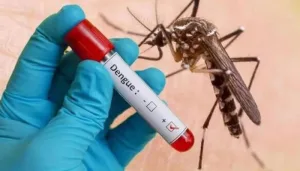Understanding the Body’s Immediate Immune Response
When the body senses danger, it doesn’t wait around. It immediately kicks off what’s known as the rapid innate immune response. This is your body’s first line of defense against anything it perceives as a threat.
What is the Innate Immune Response?
Think of it as your body’s built-in alarm system. It’s a fast and non-specific reaction. This means it jumps into action quickly and doesn’t target specific invaders like viruses or bacteria. Instead, it aims to broadly neutralize any potential danger.
How Does it Work?
- Recognition: Special cells recognize danger signals, such as molecules associated with pathogens.
- Activation: This recognition triggers a cascade of events, activating immune cells and releasing inflammatory signals.
- Defense: Immune cells like macrophages and neutrophils rush to the site of the threat to engulf and destroy invaders.
- Inflammation: Inflammation helps to contain the threat and promote healing.
Why is it Important?
The rapid innate immune response is crucial for:
- Preventing infections from taking hold.
- Controlling the spread of pathogens.
- Alerting the adaptive immune system (the body’s more specialized defense force) to mount a targeted attack.
Supporting Your Innate Immunity
While you can’t directly control your innate immune response, you can support its function through:
- A healthy diet rich in vitamins and minerals.
- Regular exercise.
- Adequate sleep.
- Managing stress levels.
A Final Overview
The rapid innate immune response is a critical component of your immune system, providing immediate protection against potential threats. By understanding how it works and taking steps to support your overall health, you can help ensure your body is well-equipped to defend itself.




+ There are no comments
Add yours